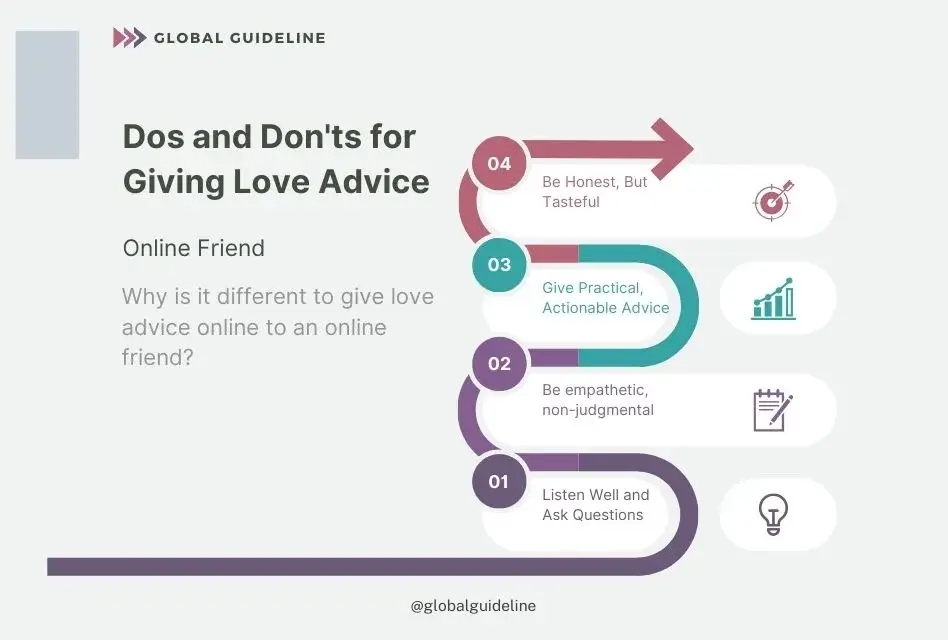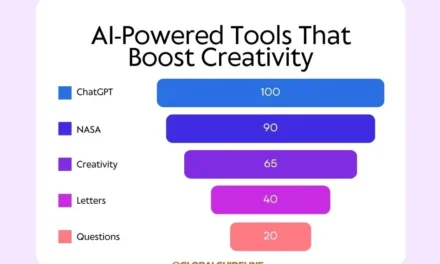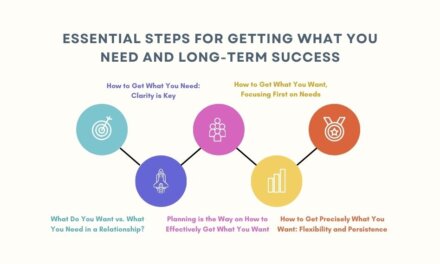As such, many of us build online friendships that transcend geographical boundaries because such relationships can prove to be meaningful, even though the people with whom you build an online friendship have probably never crossed your path in the real world. Online friendships often usually encompass sharing heart matters and personal experiences. Giving love advice to an online friend is a daunting task and requires caution along with sympathetic feelings. The digital space throws open both challenges and opportunities for giving advice on matters of the heart.
In the blog, we will find out the dos and don’ts of providing love advice to an online friend. The exact guide will be shown on how to handle these conversations with confidence and care. Whether your friend is navigating the early stages of a relationship, dealing with heartbreak, or seeking guidance on how to approach someone they like, we’ve got you covered.
Table of Contents
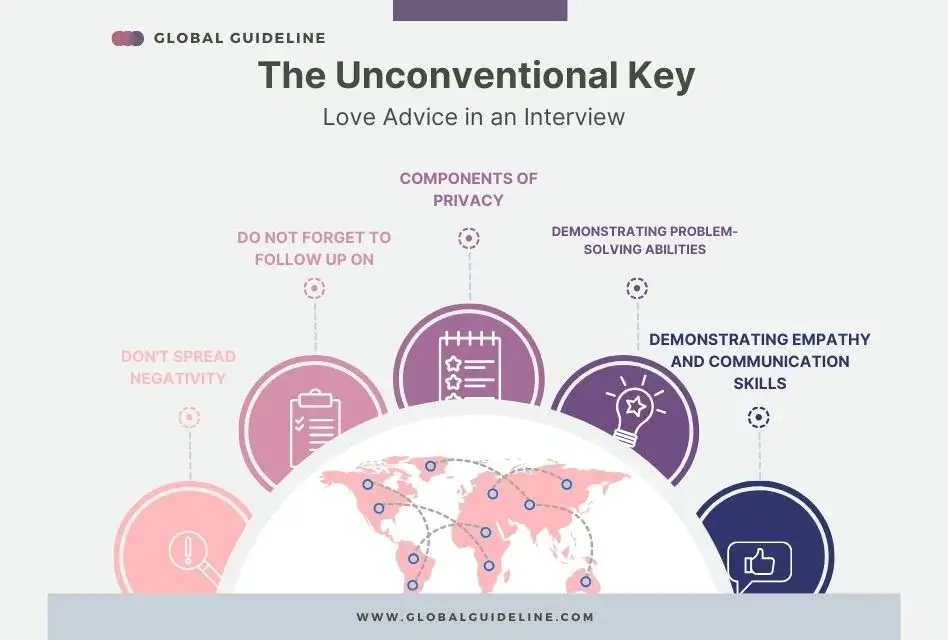
Why is it different to give love advice online to an online friend?
But before we begin on the dos and don’ts, here are some reasons why giving love advice to an online friend is very, very different from giving advice to somebody you know in person. For one, it has to do with the nature of online communication. A lot of non-verbal cues that people receive through regular interaction – facial expressions, tone of voice, body language, among other things, are absent when trying to interact with someone else online. This can make their emotions and intentions somewhat ambiguous, as well.
Online friendships also have a different level of intimacy. Since you may not have had the opportunity to meet your friends personally, you could not share contextual understanding about their life and relationships. This may lead to misunderstanding or misinterpreting of their situation, hence the precautionary measure and sensitivity when offering love advice to an online friend.
The Dos of Giving Love Advice to an Online Friend
1. Listen Well and Ask Questions
While counselling an online friend on love, it is very important to listen to what is being said. Since you cannot make use of non-verbal cues, listening to their words becomes all the more important. Ask them to express their feelings and thoughts in detail and ask open-ended questions for a deeper insight into their situation.
Instead of asking the patronizing question, “Are you okay?”, you may ask your friends how they feel about it. That gives them the freedom to express their feelings better, and you get more context to give them meaningful advice.
2. Be empathetic, non-judgmental
Give love advice to an online friend while being empathetic is the key. Try and put your shoes on their feet and understand their emotions to give them the right love advice. It may be pretty hard to explain since avoiding judgments at all costs is unavoidable while giving or taking love advice, especially when you do not agree with similar actions or decisions taken by the individual.
For instance, if your friend is thinking about re-getting with an ex, instead of saying, “That’s a bad idea,” you can say, “I see why you might want to try again, but have you thought about what could be different this time?”
3. Give Practical, Actionable Advice
Ask your friend for their opinion is seeking much more than emotional advice. They would also expect practical ones. Use suggestions that they can apply to your situation. For example, if your friend feels unable to know how to approach someone they like, you can suggest to that person that having a casual conversation with that someone should get the ball rolling on figuring out the other person’s interest.
It’s also good to include examples or scenarios whereby your friend could easily relate themself to. This makes the advice much more concrete and, therefore, easier to apply in one’s situation.
4. Help Your Friend Reflect on Herself
The most important thing you can do as a love advisor is to get your friend to think about their feelings and actions. Help them think more critically about their situation. Help them consider, amongst other things, the possible outcomes of choice-making. This makes them more powerful in making informed choices on time, and it also allows for personal development to grow.
For example, you could ask, “What do you think will happen if you pursue this relationship? Are you prepared for both the best and worst outcomes?”
5. Respect Their Privacy and Boundaries
It’s important to respect your friend’s privacy and boundaries when discussing sensitive topics like love and relationships. Avoid pushing them to share more than they are comfortable with, and never disclose their personal information to others without their consent.
If the friend is clearly not going to let open up about details that are important, inform the friend that it’s perfectly fine to just want to talk about things and they don’t need to share everything.
6. Be Honest, But Tasteful
While giving the love advice, honesty is important but to be done in a tasteful and considerate manner. If you think your friend has something critically wrong, comment on that on the gentle side without being harsh or over-critical.
Instead of saying, “You are messing it big time,” say, “I fear that this move might not bring the outcome you expected. Do you know any risks?”
7. Push for Professional Help if Needed
Sometimes, the best advice you can give your friend is to see a professional at that moment when they’re having serious problems with the relationship or if they are in any form of emotional distress. Let them know that it is okay to get help from a therapist or counselor and that going to therapy is considered a sign of strength, not weakness.
You could say, “You seem to be going through a lot. Have you considered speaking with someone who specializes in helping people work through these feelings?
The Don’ts of Giving Love Advice to an Online Friend
1. Do Not Assumptions Make
Give love advice on the web and you easily fall prey to assuming things based on very little information. Avoid such mistakes and ensure that you clarify when you have doubts and shouldn’t jump the gun and go with a conclusion.
For example, do not assume when the friend tells you that his or her lover has been cold towards him or her that they have relationship issues. Instead, ask for more clarity by saying, “What makes you feel that way?”
2. Do Not Impose Your Own Beliefs
It is quite normal to have your point of view about love and relationships, but when it comes to advice, you do not want to pour your own beliefs and values into your friend. After all, everyone has his or her own point of view, and what may work for you might not necessarily work for him or her.
For instance, you do not have to pressure for slow takes when you feel that things should be brought to the slow-burning stage in relationships while ignoring your friend’s standpoint about needing to take things fast. You can then propose your point as just one of several possible alternatives and ask them to go with what their hearts dictate.
3. Do Not Deny Their Feelings
Even though you do not understand or even relate with that issue that your friend is trying to express, be sure not to dismiss them. That might make them feel less validated in the future and maybe not even open up before you. Instead, acknowledge what they are going through and instead of critizing them, support them more.
For example, if you feel your friend has a legitimate reason to be upset about something you consider very trivial, don’t say, “You’re overreacting.” Instead, say, “I can see why you really feel bothered about this. Let’s talk about it.”
4. Don’t Give Unsolicited Advice You Wouldn’t Take Yourself
Most importantly, while trying to give that fellow friend on the internet your love advice, ensure the advice you are giving to them is something that you would happily follow yourself. This does not only make the advice authentic but also fosters trust in you by your friend.
For example, if you see no chance of coming back with your bad ex, then maybe it wouldn’t be such a great idea to make your friend return to her bad ex either. Try and advise based on what you’ve known and experienced.
5. Don’t be overbearing
While it is great to be supportive, you should ensure you are not overbearing and pushy. Remember that your friend ultimately has the right to make his or her decisions; no matter how far they may be contrary to your guidance.
For example, if your friend prefers to stay in a relationship that you could consider unhealthy, do not force them to get out of it. Instead, always be there for them and provide them with a chair if needed.
6. Don’t Spread Negativity
When you’re dispensing love advice, that tone has to be constructive and positive. Never spread negativity or pessimism-even when things really are hopeless. That’s not the point of being a good friend. You are there to help people lift themselves up, not to pull them down.
For instance, instead of saying, “This relationship is doomed,” you say, “Sounds like things are going a little tough, and I’m here to help you work through this.”
7. Do Not Forget to Follow Up on
Sure, after providing some love advice, you are not supposed to forget to follow up on your friend about how she is doing. It means you really care for her as a person and your interest in her well-being.
For example, you could forward a message after a few days asking, “How did things go with your conversation? I’m here if you want to talk more.”
Love Advice in an Interview: The Unconventional Key
Love advice – or any kind of advice for that matter – is unlikely to find a place in a job interview. However, the skills and qualities you use in order to give love advice, or any kind of advice, are highly useful in giving an interview. Let’s take a look:
1. Demonstrating Empathy and Communication Skills
You can comment on your empathetic capacity toward others and good communication skills. To elaborate, you could say, “Personally, I often find myself taking advice from friends regarding relationships, for example. This has given me the opportunity to develop quite a strong empathy and communication skill, which have come in handy in professional interactions.”.
2. Demonstrating Problem-Solving Abilities
Even with the question of a time when you had to solve a complex problem, you would use the experience of helping a friend settle a complex issue in a relationship. You may say, “A friend was trying to decide whether to break up or not, and I helped him weigh his pros and cons of choosing between them. This experience gave me an added edge in solving problems, which I currently apply at work.”
3. Components of Privacy
When you are interviewing for a position and qualities like reliability or honesty come into the picture, remind them of your experience of handling sensitive situations, such as giving love advice to an online friend. For example, you may say: “In my private life, I have constantly been entrusted with confidential information-for example, where, for instance, friends seek to counsel me concerning personal matters. I view such a responsibility in high regard, and always ensure that I exercise discretion when dealing with all information. This is exactly what I do in the professional life where discretion and trust are taken highly.”
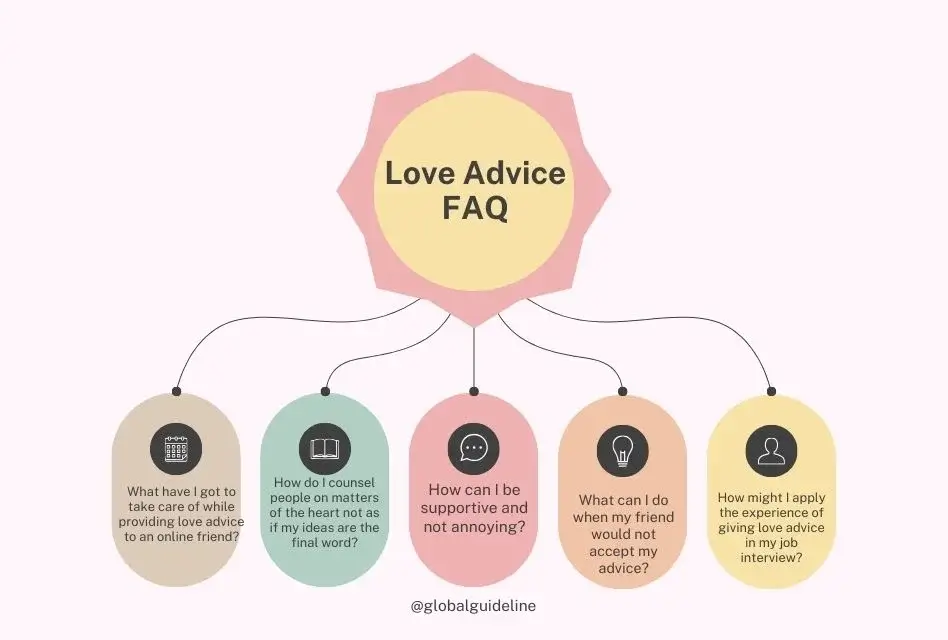
FAQs
1. What have I got to take care of while providing love advice to an online friend?
Providing love advice to an online friend might require you to listen carefully not to jump to conclusions and to be empathetic and non-judgmental. Providing actionable advice and not to restrict the boundaries of your friend is important. Another important consideration in giving love advice is how people communicate online-of course, often, there is no non-verbal cue.
2. How do I counsel people on matters of the heart not as if my ideas are the final word?
To avoid imposing your beliefs, present your advice as one possible perspective rather than the only solution. Tell your friends to consider all options and inculcate within them a decision that would make things right for them. Respect their autonomy and see to it that you support every decision they make, even if it would be otherwise according to your judgement.
3. How can I be supportive and not annoying?
Supportive but non-overbearing: In giving advice, respect a friend’s right to decide how best to handle the given situation. Avoid pressuring them into taking your advice but offer emotional support and be there for them if they need more advice or a listening ear.
4. What can I do when my friend would not accept my advice?
If your friend decides that they don’t want to do what you advise them to do, then acknowledge their decision and continue to be there for them. After all, it’s in their best interest. Remember that you can’t make decisions for someone else, only they can. Continue to be there for them as they work out the results of their decision, whether they decide to do what you suggested or not.
5. How might I apply the experience of giving love advice in my job interview?
You can include your experience by mentioning skills such as empathy, communication, problem solving, and confidentiality. For example, you may argue that having been a friend who offered relationship advice to an online friend enabled you to develop these skills, which are indeed very important in the professional arena.
6. Is it appropriate to encourage professional help when giving love advice to an online friend?
Yes, if your friend is with severe relationship problems or mental stress, then you are in your place to advise him to see a professional counselor or therapist because that reflects you care about him, and at times only a professional guide is required.
7. How do I follow up after giving love advice to an online friend?
Perhaps as simple as following up with a message a few days later to check in; you could ask how they’re doing and if they’re ready to continue discussing the situation. This follow-up shows you do care about their ongoing well-being and are invested in their happiness.
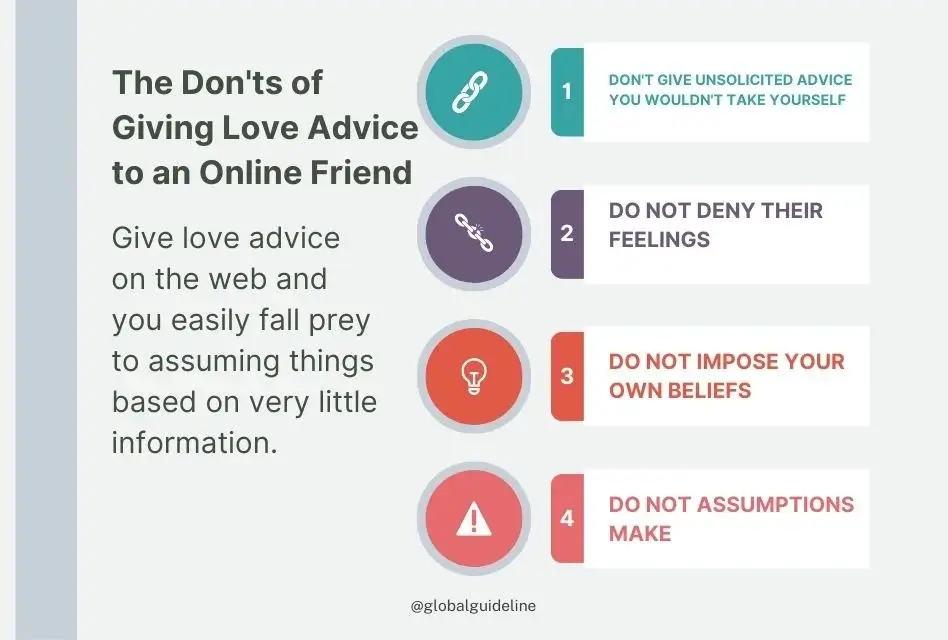
Conclusion
Advice on relationships should be carefully poised between being empathetic, listening carefully, and giving thoughtful guidance while giving advice to an online friend. Due to their digital nature, such relationships can really make some serious complications in communication, making it important that such conversations be handled sensitively and with respect. Using the dos and don’ts listed in this blog, you will surely help your online friends find their way in life to love a romantic relationship.
Remember that the basic objective here is not to make a dictate on what your friend should do but to empower them to make choices that are in tune with their values and desires. Whether you’re helping them get over a tough breakup or guiding them on how to view a new crush, your support as a non-judgmental friend is invaluable.
Add skills and knowledge acquired through providing advice on love matters into your professional life, like on an interview. Other interpersonal strengths might shine through and make you stand out as a person who takes empathy, communication, and trust seriously. These strategies will definitely equip you with everything you need to face any situation, both at your personal or professional front.
Related Topic:
Reference Letter for Scholarship: Best 7 Secrets for Crafting
Unlock Best Creativity: Acronym Generator from Letters in 7 Steps
How to Find Advertisers for My Newsletter: 7 Proven Tips USA

